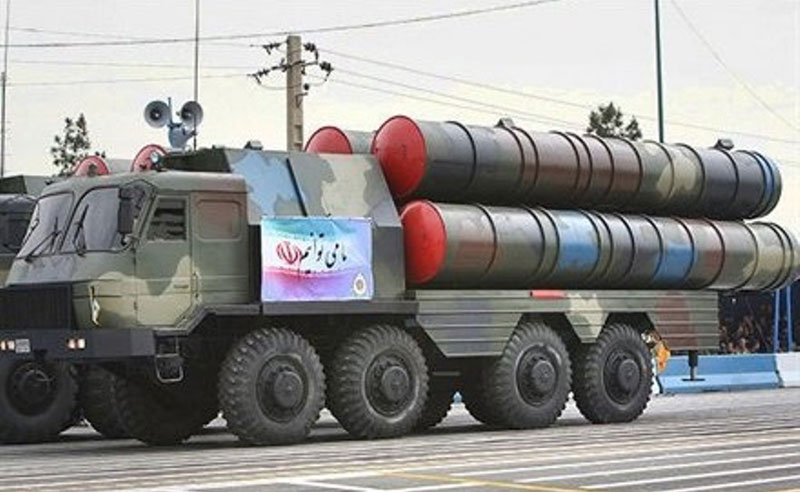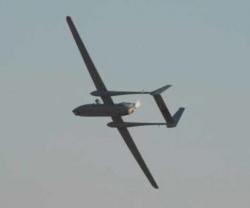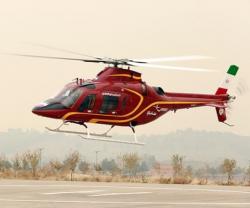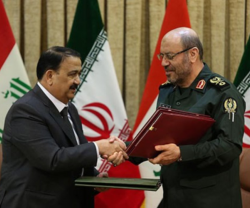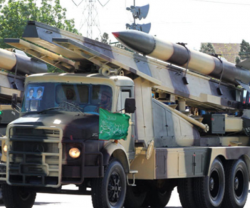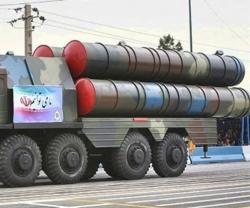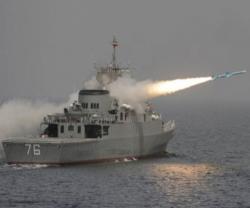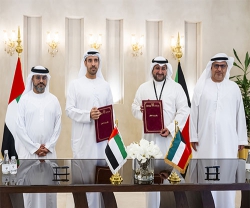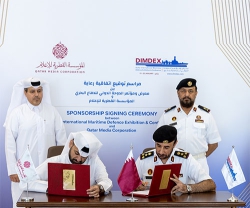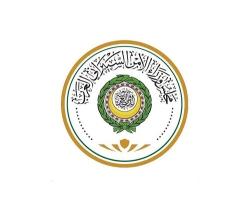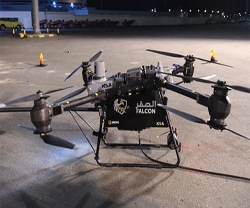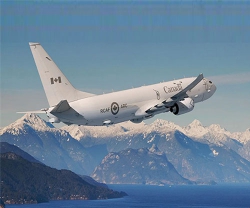“The long-range air defense missile system, Bavar (Belief) 373 (photo), will be built by the end of this (Iranian) year (which started on March 21) and will be deployed in specified regions,” Esmayeeli said, referring to the Iranian version of the sophisticated Russian S-300 missile defense shield.
He also announced the country's plan to test mid and long-range Talash (Endeavor) missile system, saying “the system will be brought into operation by the end of this year,” Fars News Agency (FNA) reported.
Warning that the most important threats posed to Iran are from the sky, Esmayeeli said if Yemen had enjoyed a powerful air defense, it would have been able to defend itself against the Saudi air strikes and end the war on the very first day.
He said the US insists on putting Iran's missile technology on the agenda of the nuclear negotiations due to its fear of the country's missile deterrent power, adding that Tehran will never open talks with foreigners about its missile capabilities.
Esmayeeli reminded that Iran's missile power is indebted to domestic technology, saying that Iran has not imported the missiles from foreign states, including the US, and thus, it would never allow it to go on the agenda of any kind of talks.
In relevant remarks, Iran's Defense Minister Brigadier General Hossein Dehqan announced that the country would conduct an operational test of the home-made version of the sophisticated Russian S-300 missile defense system, Bavar 373, before the end of the current Iranian year.
“… We expect to be able to test the production model of S-300 by the end of the current year,” Brigadier General Dehqan said.
Last month, Iran displayed its Bavar 373 missile defense system during the military parades south of the capital.
Iran designed and developed its own version of the S-300 missile shield after the Russians shrugged off delivery of their advanced missile defense system to Iran on the pretext of the UN Security Council sanctions.
The Iranian version has superior features over the original Russian model as it enjoys increased mobility, agility and reduced launch-preparation time.
In April, Russian President Vladimir Putin removed the ban on the delivery of the missile shield to Iran. Putin's decision came hours after relevant reports said the Kremlin also plans to supply China with the advanced S-400 air defense system.
Source: FNA

